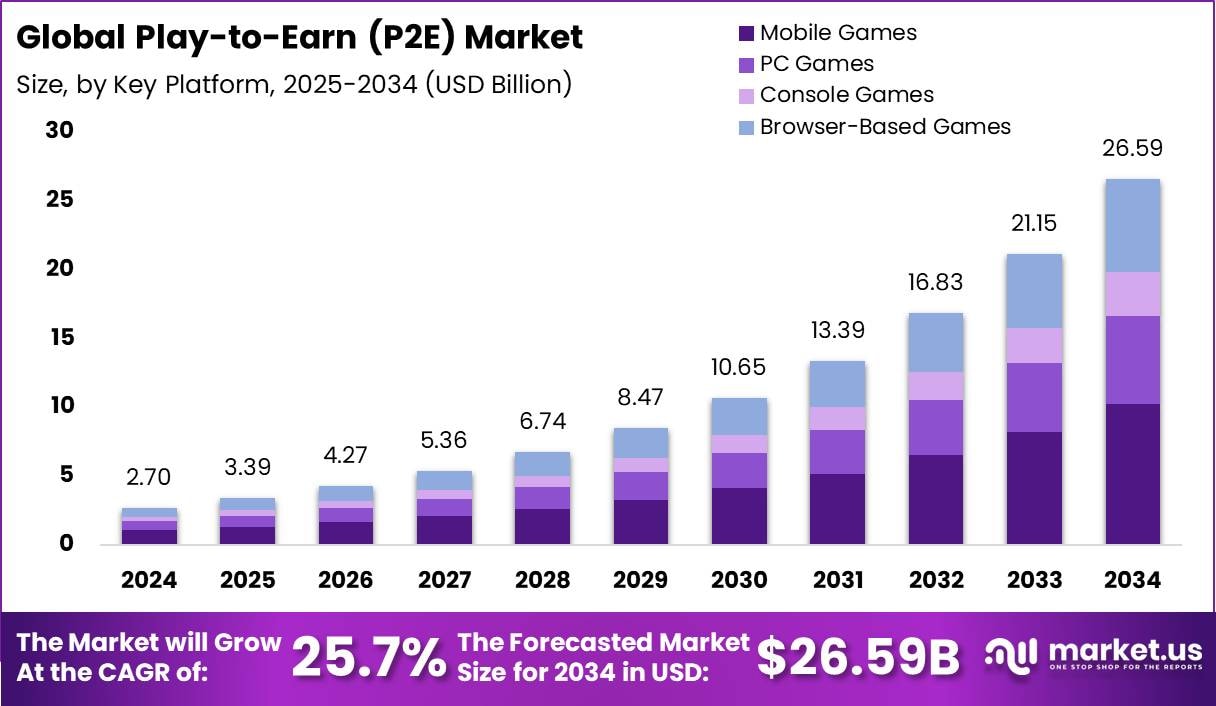Exploring Canadian Watercraft: Tips and Trends
Discover the latest in Canadian watercraft – from Lake Ontario fishing boats to kayaking in the Rockies.
Coins and Controllers: The Unseen Trends Shaping Crypto Gaming Today
Discover the hidden trends transforming crypto gaming! Dive into the game-changing intersection of coins and controllers today.
Exploring the Intersection of Cryptocurrency and Gaming: What You Need to Know
The convergence of cryptocurrency and gaming is reshaping the digital landscape, creating new opportunities and experiences for players. As blockchain technology gains traction, games that incorporate cryptocurrency allow players to earn, trade, and utilize digital assets in innovative ways. This trend has led to the rise of play-to-earn models, where gamers can make a profit by engaging in gameplay, thus blurring the lines between entertainment and income generation. Not only does this enhance player engagement, but it also empowers users to take ownership of their in-game achievements through verified digital ownership.
However, entering the realm of cryptocurrency in gaming is not without challenges. Gamers need to be aware of the various tokens and platforms available, as well as the potential risks associated with market volatility and security vulnerabilities. It's crucial to conduct thorough research before investing in any game or platform. Additionally, understanding how to safely manage and store cryptocurrency is essential for protecting your digital assets. As this trend continues to evolve, players can expect a dynamic environment where blockchain gaming not only transforms the gaming experience but also introduces new forms of digital economies.

Counter-Strike is a popular team-based first-person shooter that has captivated gamers for decades. With its strategic gameplay and intense matches, players engage in various game modes that test their skills and teamwork. Many players enjoy using a shuffle promo code to enhance their gaming experience with bonuses or perks.
How Play-to-Earn Models are Revolutionizing the Gaming Industry
The Play-to-Earn model is transforming the landscape of the gaming industry by enabling players to earn real-world value through their in-game activities. Unlike traditional gaming, where users invest time and money without tangible returns, Play-to-Earn games integrate blockchain technology to allow players to earn cryptocurrency or in-game assets that can be sold for profit. This system not only incentivizes gameplay but also fosters a more engaged and vibrant community, as players actively participate in a virtual economy that recognizes their contributions.
As the popularity of Play-to-Earn games continues to rise, we are witnessing a shift in how developers and gamers interact. With titles like Axie Infinity and Decentraland leading the charge, the gaming ecosystem is evolving into a lucrative space where creativity and strategy can lead to financial rewards. Play-to-Earn models are not just redefining player engagement; they are also attracting new audiences who see gaming as an alternative avenue for income generation. This paradigm shift signifies a pivotal moment in the industry, paving the way for a future where players can thrive both as gamers and as entrepreneurs.
The Future of In-Game Economies: Are NFTs the Key to True Ownership?
The landscape of in-game economies is evolving rapidly, fueled by technological advancements and shifting consumer expectations. With the rise of NFTs (non-fungible tokens), players are beginning to explore the potential for true ownership of digital assets. Unlike traditional in-game items that are often controlled by developers and can be rendered worthless upon game closure, NFTs promise verifiable ownership that transcends individual games. This paradigm shift could unlock new revenue streams for developers while giving players genuine control over their investments in virtual worlds.
However, the integration of NFTs into gaming is not without its challenges. Issues such as environmental concerns related to blockchain technology, regulatory scrutiny, and the need for user-friendly interfaces must be addressed for mainstream adoption. As developers consider these factors, the question remains: will NFTs be the key to unlocking the potential of in-game economies, or will they become just another trend? As we look to the future, it's essential for players, creators, and investors to engage in discussions about the implications of NFTs in gaming, ensuring a balanced approach that fosters innovation while maintaining community trust.